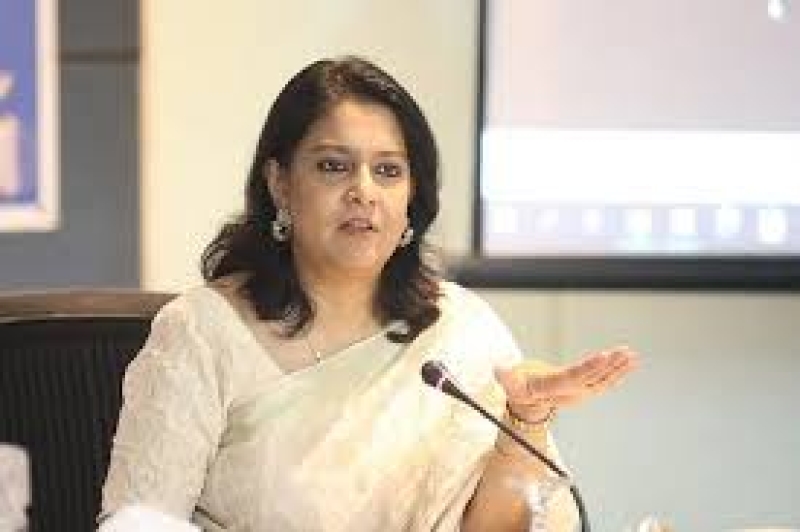- Tk 500cr Drive to Turn Haor Fallow Land Into Farmland |
- Tarique Rahman returns home amid rapturous reception |
- Home After 17 Years: Tarique Returns to Gulshan Residence |
- Tarique Calls for United Effort to Build a Safe Bangladesh |
- Tarique leaves for 300 feet area from airport |
COP29’s $250B Climate Finance Plan Shockingly Insufficient
Says Environment Adviser Syeda Rizwana

Syeda Rizwana Hasan, Adviser to the Ministry of Environment
Syeda Rizwana Hasan, Adviser to the Ministry of Environment, Forest and Climate Change, has strongly criticized the proposed climate finance package released by the COP29 Presidency, calling it a “deeply disappointing” outcome. With COP29 nearing its conclusion, the draft text on the New Collective Quantified Goal (NCQG) for climate finance has come under fire for failing to meet the urgent needs of the world’s most vulnerable nations.
In her statement, Rizwana described the proposed allocation of $250 billion per year for all developing countries as “shockingly insufficient,” underscoring that the figure does not specify grants or provide adequate support for least developed countries (LDCs) and small island developing states (SIDS).
“Allocating just $250 billion annually for all developing countries is grossly inadequate, especially when no specific funds are earmarked for the 45 most vulnerable LDCs,” Rizwana said. “The decision fails to address the critical financial needs of countries already bearing the brunt of climate change, and it does nothing to provide long-term, sustainable support.”
The adviser pointed out that despite the conference’s focus on climate finance, the proposed package offers no concrete commitments to help the world’s most climate-vulnerable nations, leaving them at heightened risk as global temperatures rise. “This package does not meet the minimal threshold needed to address the climate crisis. It will not uplift the LDCs or SIDS in any meaningful way,” she added.
Rizwana urged LDC representatives to reject the current proposal, warning that without significant revisions, it will have little practical impact. "This is not just a missed opportunity—it is a failure to live up to the promise of global solidarity in the face of existential threats."
She called on stakeholders from all sectors to advocate for a more ambitious, equitable, and actionable climate finance framework that prioritizes the needs of the world’s most vulnerable communities, ensuring that they are not left behind in the fight against climate change.

